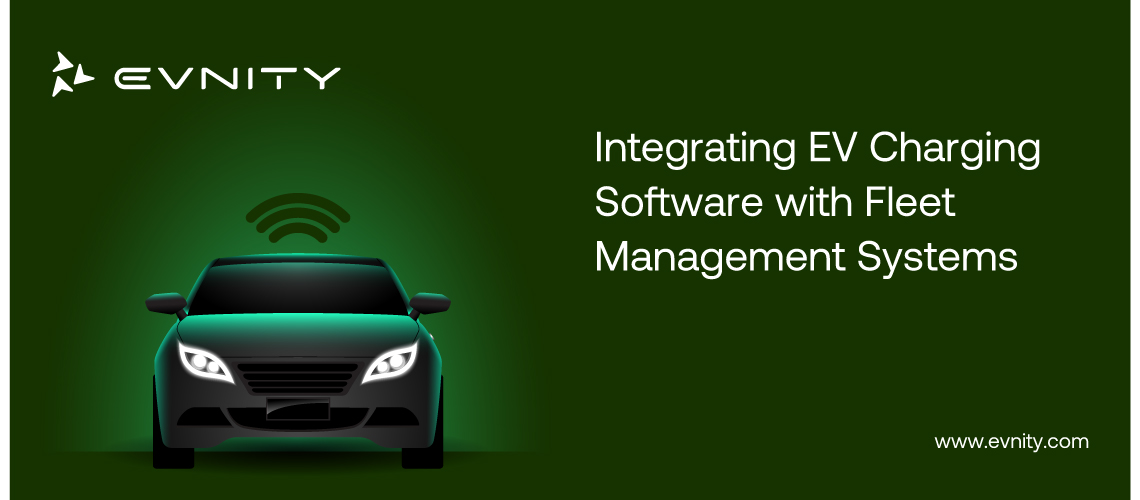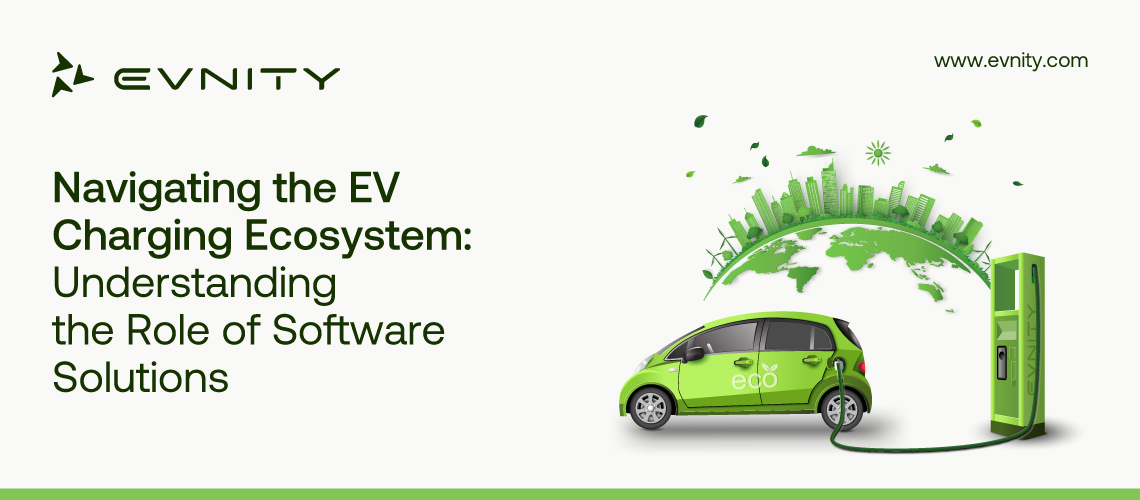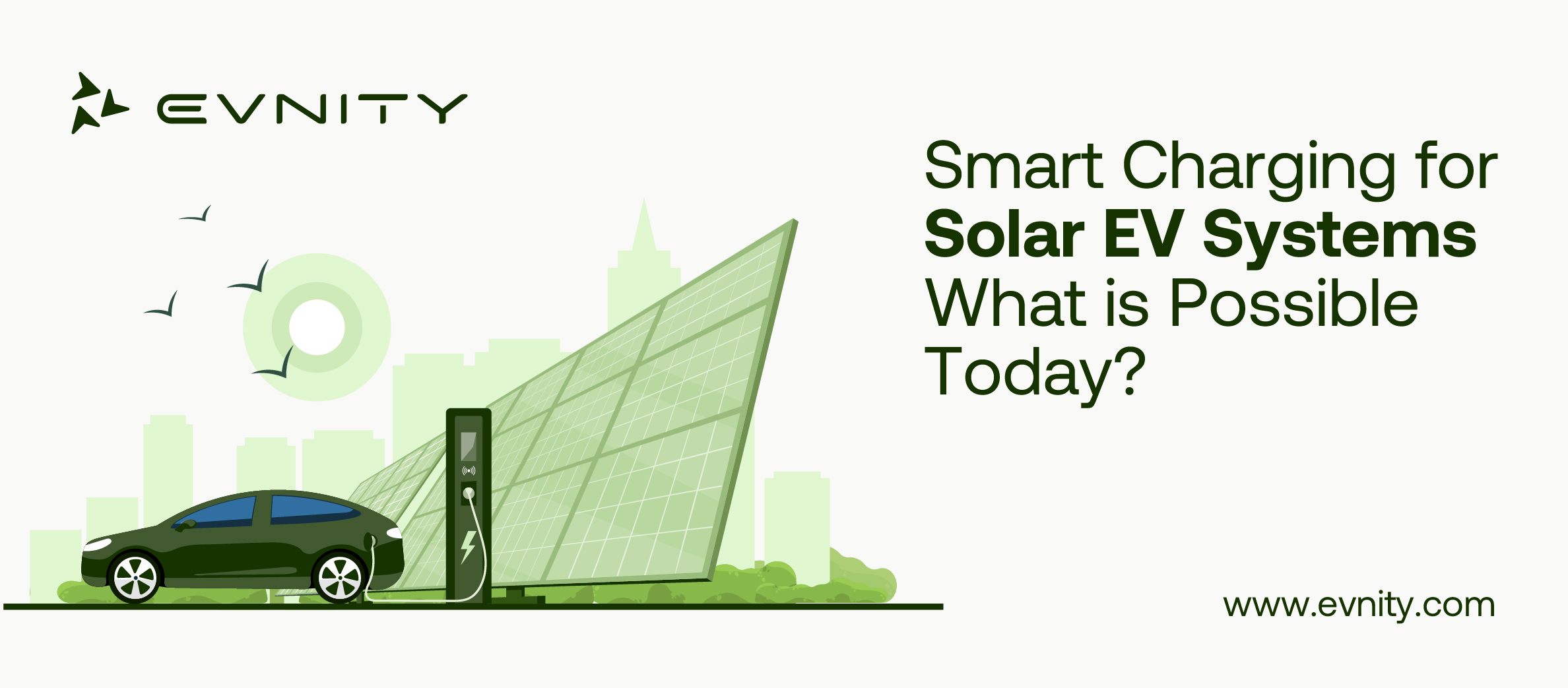As cities expand, they need more sustainable and effective modes of transportation. Hubs for multimodal transportation, which combine several forms of transportation, might be useful. Nonetheless, it's critical to focus and provide electric mobility incentives to advance sustainable transportation. These hubs provide commuters with a range of alternatives as they are furnished with features like public transit, bike-sharing services, and ride-sharing platforms. This article discusses the value of encouraging electric mobility at hubs for multimodal transportation and offers tactics for doing so.
Current Challenges
Economic factors seem to cause a major change in the transportation sector. Local governments have the chance to improve their infrastructure for electric fuelling, but many do not, which results in an inconsistent network of charge stations, incompatible devices, and ineffective charging. Urban planning agencies frequently lack the necessary tools to oversee the electrification of local infrastructure, especially for electric fleets.
Unreliable and incompatible charging hardware, island solutions, vehicle telematics, disparate charging software platforms, inadequate power infrastructure, and unfinished fleet management software are some of the main barriers to the widespread adoption of EVs. The infrastructure needed for EV adoption in the future is envisioned to be very different from what is available now, underscoring the need for improved coordination, planning, and expansions, such as expanding multimodal transport hubs.
What Are Multimodal Transport Hubs?
Bus terminals and rail stations are examples of multimodal transport hubs—places where many forms of transportation come together. To ensure smooth passenger transfers across various modes, expanding these hubs entails deliberate initiatives to improve their operation, such as physical enlargement, technology advancements, or the inclusion of additional services.
Centralize EV Charging Software
Centralizing electric car charging involves gathering services or resources in one place and assembling charging stations in one convenient area. This guarantees an easier and more effective charging experience for electric vehicles by including infrastructure such as power supply networks, charging stations, and related technologies.
How Would Both Complement Each Other?
Expanding multimodal transport hubs to centralize electric vehicle charging is known as multimodal charging hubs. An all-in-one spot where residents and fleet managers may charge their electric cars (EVs) day and night is called a multimodal charging hub. Large-scale economies of scale, convenient access, well-organized traffic patterns, lower infrastructure and electricity costs, and improved local electrical grid management are all provided by this hub. A municipal agency or EV charging solutions company that uses software and operational best practices to oversee the charging of every vehicle entering and exiting the complex is a crucial component of these hubs.
The real-time IoT control platform manages the fleet car charging status, charging stations, and power infrastructure. By maximizing the number of cars that can charge simultaneously and reducing the need for utility service improvements or placing a burden on the local electrical grid, this technology can help reduce electricity costs and increase charger productivity. By detecting equipment malfunctions and offering mission-critical, always-on service that ensures EV charging performance even with varying demands, the master system can self-heal.
Fleet managers may use this EV charging software platform to provide information to the system regarding how long each vehicle will take to charge while en route to the depot, how long each vehicle will take to charge overall, and how much charging is expected to cost in the future hours, days, or months. In situations where charging is not optimized for cost, fleet vehicle lifetime costs might amount to as much as 50% due to charging fees and power infrastructure amortization in these transport hubs.
The central traffic charging control platform offers comprehensive and automated energy management by preventing sharp increases in energy use and the ensuing demand fees. In addition to attaining optimal infrastructure usage and controlling alternative energy resources like solar and battery storage, it may mitigate expensive peaks. These multimodal charging hubs might lessen the utility costs necessitated by dispersed charging points and increase the stability of the nearby electrical system.
Community Engagement
To meet everyday transportation demands, multimodal charging hubs are being created to offer real-time data reporting and analytics. Cities may save expenses by choosing charging-as-a-service suppliers that can guarantee high efficiency and perhaps 99.99% uptime for fleet cars. These hubs need a large initial investment, but working with service providers can reduce this sum, even out charge curves, and guarantee long-term rates. By putting electric transportation PPAs in place, An EV charging solutions company can become an important facilitator of the electric, shared mobility of the future in smart cities.
Conclusion
Electric mobility must be encouraged in multimodal transportation hubs to achieve sustainable transportation. Cities may promote electric vehicles by integrating them with current services, providing preferential parking, offering financial incentives, and installing charging infrastructure. Benefits include:
- Lower greenhouse gas emissions.
- Better air quality.
- Financial savings.
- The creation of jobs.
Making electric transportation a priority may transform cities and is essential for a cleaner future.


